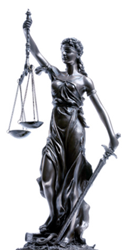Feb 11, 2026
Feb 11, 2026
 The view has often been expressed that it is imperative that India has a democratic revolution; that India’s political system but not its Constitution needs to be changed; that it is not one or the other party that needs to be defeated but the entire ruling class because all parties, the bureaucracy, the judiciary and the media participate in the corrupt and decadent political culture that is destroying the nation; that the Constitution needs to be reappraised and the President’s role and some of its ignored directive principles need to be implemented …These views were considered as crazy wishful thinking at best or romanticized radical nonsense at worst. Are these views still nonsensical? Step back and take a dispassionate look at the state of the nation.
The view has often been expressed that it is imperative that India has a democratic revolution; that India’s political system but not its Constitution needs to be changed; that it is not one or the other party that needs to be defeated but the entire ruling class because all parties, the bureaucracy, the judiciary and the media participate in the corrupt and decadent political culture that is destroying the nation; that the Constitution needs to be reappraised and the President’s role and some of its ignored directive principles need to be implemented …These views were considered as crazy wishful thinking at best or romanticized radical nonsense at worst. Are these views still nonsensical? Step back and take a dispassionate look at the state of the nation.
22-Nov-2010
More by : Dr. Rajinder Puri